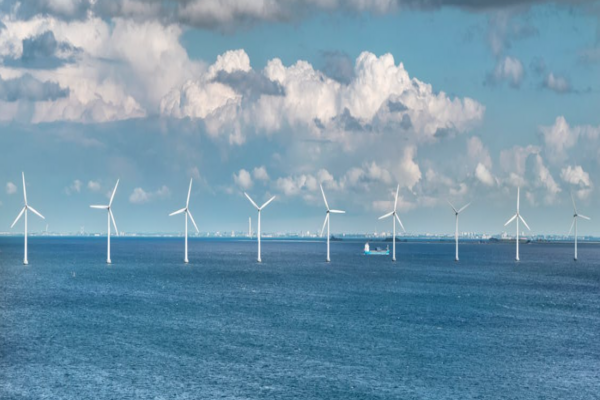Masdar, also known as the Abu Dhabi Future Energy Company, has set a goal to reach 100 gigawatts (GW) of clean energy capacity globally by 2030. This goal was shared by Fatima Al Suwaidi, Head of Development & Investment (APAC) at Masdar, during the Abu Dhabi Sustainability Week 2025.
The company has been involved in developing and implementing clean energy projects worldwide. Over recent years, Masdar has established more than 31 GW of renewable energy projects across over 40 countries. This includes both operational and under-development projects. In 2024, Masdar doubled its production capacity.
The Green energy company has been developing and managing renewable energy projects globally, with an aim to support clean energy transitions and reduce carbon emissions worldwide. Among its prominent solar energy installations is the Mohammed bin Rashid Al Maktoum Solar Park (Phase III) in the UAE. This project has a capacity of 800 megawatts (MW) and uses photovoltaic (PV) technology. Another key solar project is Noor Abu Dhabi, with a capacity of 1,177 MW. It is one of the largest single-site solar PV projects globally, spanning 8 square kilometers.
In Jordan, Masdar developed the Baynouna Solar Energy Project, the largest solar installation in the country. With a capacity of 200 MW. In Uzbekistan, Masdar implemented the Nur Navoi Solar Project, a 100 MW solar PV plant. This project marked the first successfully financed renewable energy project in Uzbekistan, emphasizing its role in the country’s clean energy development.
The energy mogul has also invested in wind energy projects across different regions. In Saudi Arabia, the company developed the Dumat Al Jandal Wind Farm, the largest wind project in the Middle East. With a capacity of 400 MW. In Jordan, the Tafila Wind Farm was the region’s first commercial-scale wind farm, with a capacity of 117 MW. It supplies energy to 80,000 homes.
Masdar’s efforts extend to Serbia, where it operates the Čibuk 1 Wind Farm, the largest in Serbia and the Western Balkans. This wind farm has a capacity of 158 MW. Additionally, Masdar is developing the Aysha Wind Farm in Ethiopia, which will have a capacity of 120 MW. This project represents one of Ethiopia’s first ventures into wind energy, contributing to the diversification of the country’s energy mix while reducing reliance on hydropower.


